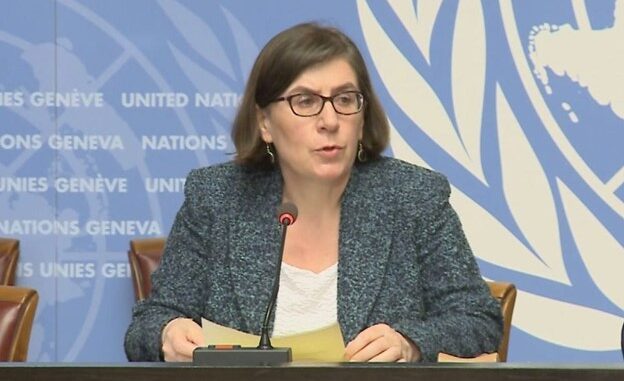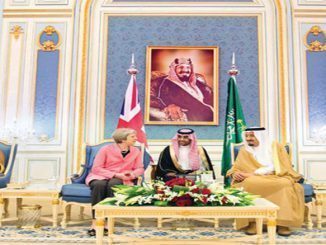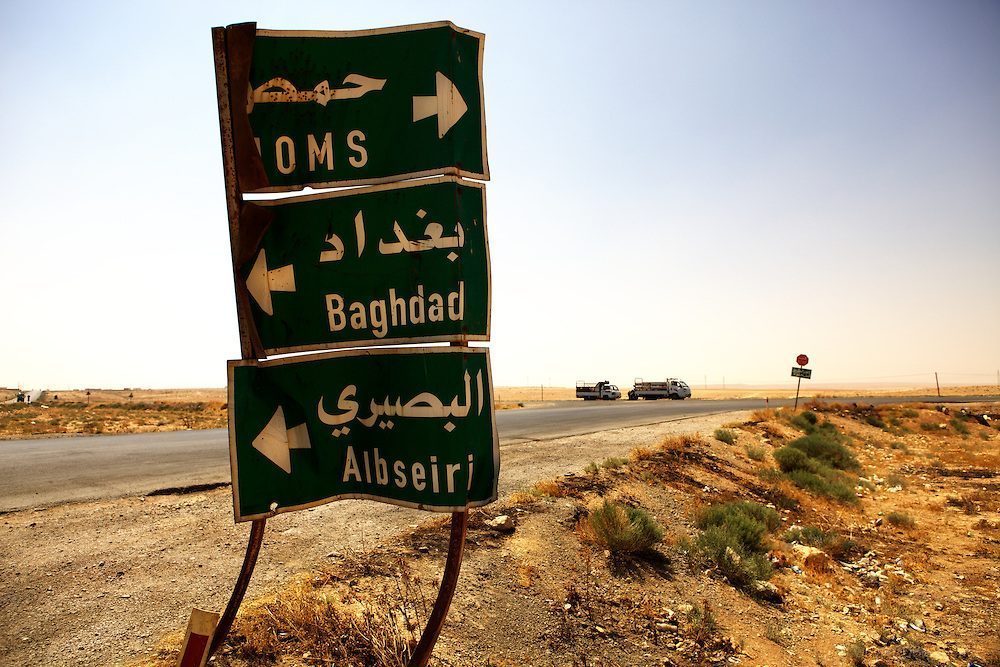
The United Nations has revealed that some of the 15 oppositionists executed by the Egyptian authorities on charges of terrorism, violence and incitement to murder were tortured and did not receive fair trials.
This came in a statement on Wednesday by Spokesperson for the UN High Commissioner for Human Rights Liz Throssell to Anadolu Agency.
A few days ago, the regime of Abdel Fattah al-Sisi executed 15 young men following protests that swept the country since 19 September.
In response to local and international criticism, Cairo usually denies holding political activists in detention, confirming the state’s full adherence to the law and constitution, while affirming the Egyptian judiciary’s impartiality.
Throssell explained that the UN Commission has been receiving information about the executions of 15 young men in Egypt since the end of last week.
The UN official added: “It has been reported to us that some of the people who were executed had been tortured and may not have been given a fair trial in accordance with Egypt’s obligations under the International Covenant on Civil and Political Rights.”
“According to the United Nations Commission on Human Rights, implementing the death penalty after a trial that does not comply with the provisions of Article 14 of the International Covenant on Civil and Political Rights constitutes a violation of the right to life.”
Throssell noted that the death penalty can only be applied to perpetrators of: “The most serious crimes, such as premeditated murder.”
She called on the Egyptian government to guarantee a fair trial and legal support for all prisoners, including pardons and commutation of sentences.
On Sunday evening, anti-regime satellite channels and opposition figures abroad reported that 15 opponents were executed within 24 hours.
All the political prisoners who were executed earlier denied committing any of the charges against them. The charges against them included murder, incitement to violence and vandalizing public property in the events that followed the overthrow of the late President Mohamed Morsi.
The Muslim Brotherhood confirmed that the protests against the overthrow of Morsi, which took place in the summer of 2013, were peaceful, and refuse to recognize the current regime in Egypt.
Execution of political prisoners
A few days ago, Egypt’s Sisi executed 23 detainees, 15 of whom were political prisoners, which has ignited condemnation online.
For years, rights groups have lamented Egypt’s judicial system which metes out death sentences in mass trials with little or no evidence.
Often defendants are tortured to obtain confessions.
Of the political detainees who were executed over the weekend, 13 were on H1 block of Scorpion Prison, where at the end of September four inmates and three police officers died in a contested event.
At the time, the Interior Ministry announced that the prisoners were attempting to escape, whilst human rights activists cast doubt on the likelihood of this account, given that Tora Prison is one of the most secure detention centres in the country.
The fact that the 13 witnessed what happened has raised concern over why they were executed so quickly, particularly as under Egyptian law defendants on the same case on death row are executed together.
The 13 prisoners on H1 block were made up of ten defendants of 13 on the same case and three of 20 of the same case, whilst the remainder in the two cases were not executed.
The events of what happened during the so-called ‘prison break’ are still unclear given that human rights workers do not have access to the remaining prisoners on H1 as they have very limited contact with the outside world and mobile phones are banned.
Although the 13 men had exhausted all forms of appeal against their death sentences, the hangings could have been sped up because they witnessed what happened and to send a message to the remaining detainees to keep quiet.
Of the 15 political prisoners who were executed over the weekend, at least two of them were members of the Muslim Brotherhood – Yasser Al-Abasiri, 49, and Yasser Shukr, 45.
They were detained for taking part in the protests against the coup in the case known as the “Library of Alexandria” after the demonstrations which took place in front of Alexandria’s library.
Egypt often carries out mass executions. In February this year, eight were executed after being tortured to give false confessions.



